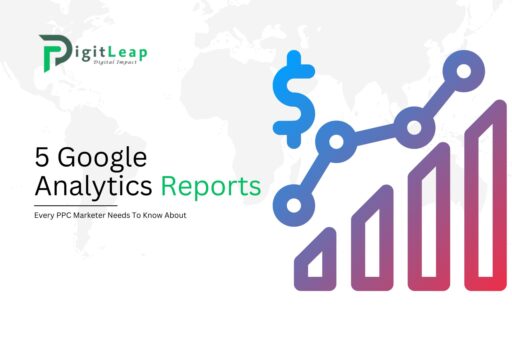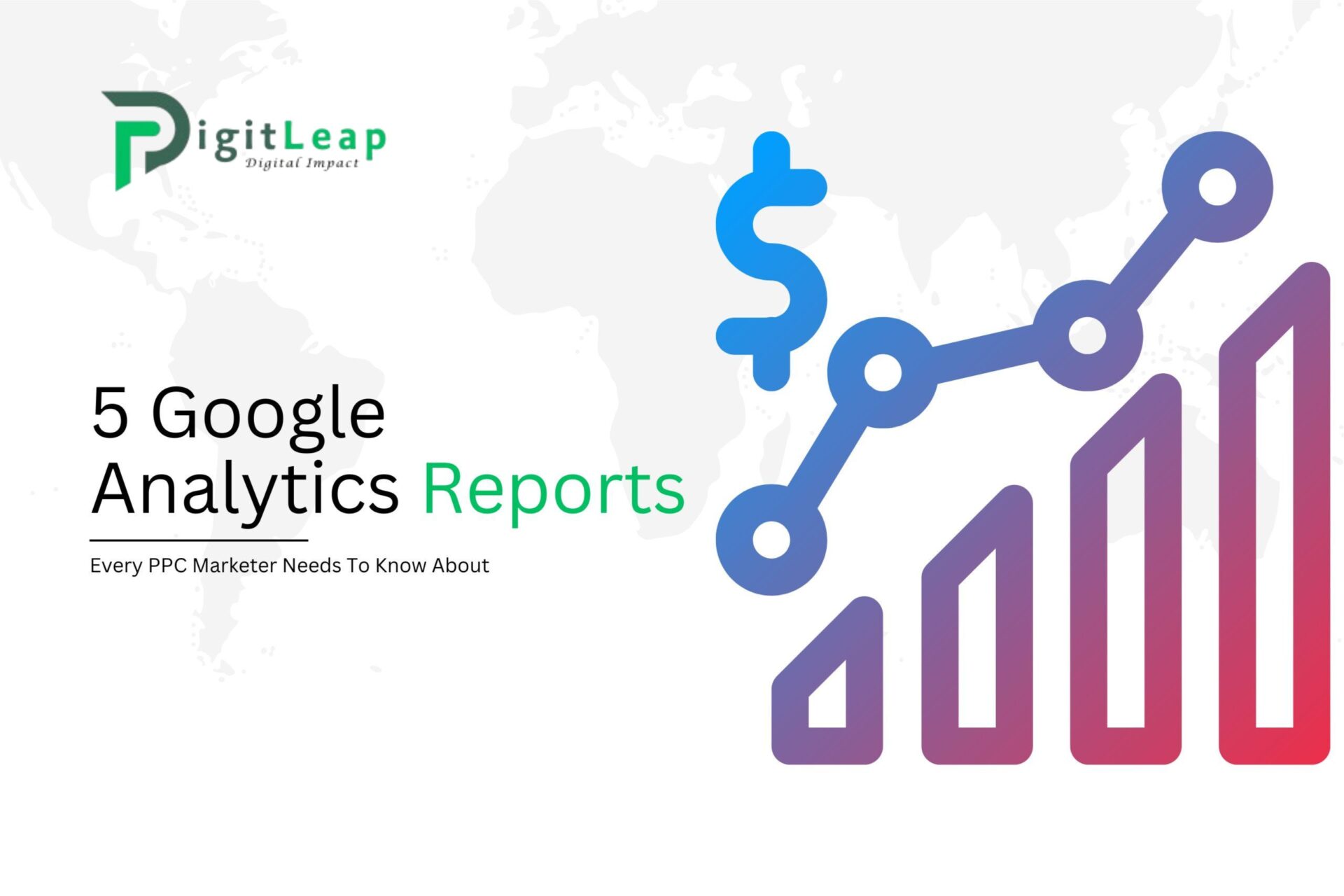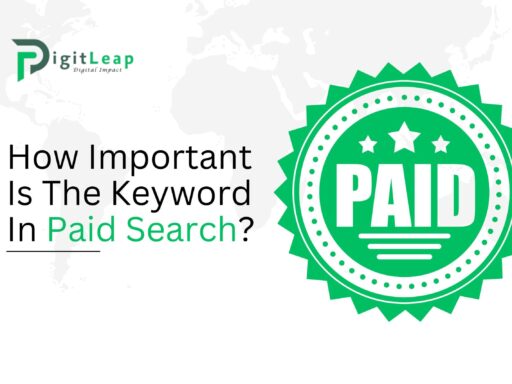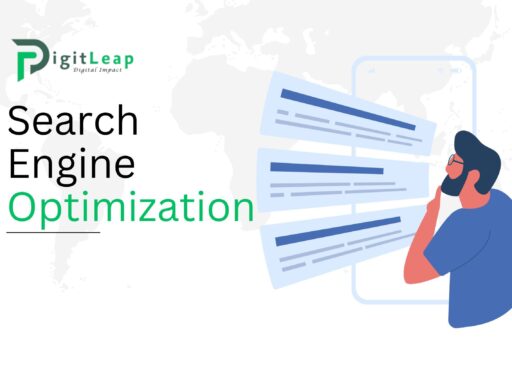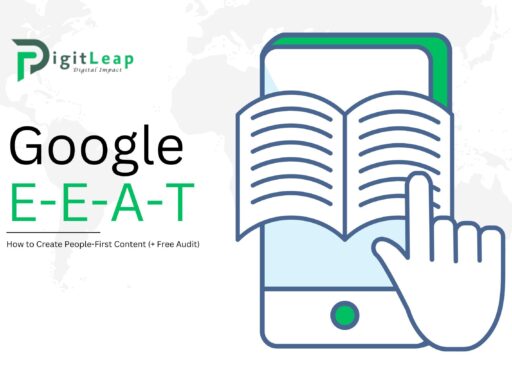5 Google Analytics Reports Every PPC Marketer Needs To Know About
If you’re running a pay-per-click (PPC) campaign, keeping track of performance is essential. This is where Google Analytics becomes your best friend. It gives you the ability to dive deep into data, analyze your audience’s behavior, and understand how your ads are driving results. But with so many reports available, it can be overwhelming to know where to start. So, let’s focus on the top 5 Google Analytics reports that every PPC marketer needs to know about. These reports will help you maximize your ad performance and ensure you’re getting the most out of your ad spend.
1. Acquisition Report
The Acquisition Report is where it all begins. It helps you understand where your website traffic is coming from—whether it’s from organic search, direct visits, social media, or paid advertising like PPC. For a PPC marketer, this report is crucial for tracking how effective your campaigns are at bringing in new visitors.
The Acquisition Report breaks down different traffic sources, including Google Ads. You can drill down to see which specific PPC campaigns are generating the most traffic and which ones are underperforming. It gives you a clear picture of whether your PPC efforts are driving visitors to your website.
Why does this matter? Because not all traffic is created equal. You want to ensure that the traffic you’re paying for is actually relevant. If one campaign is bringing in a ton of clicks but those visitors aren’t engaging with your site, it’s a sign that you might need to rethink your targeting or messaging.
2. Behavior Flow Report
The Behavior Flow Report helps you visualize how users are interacting with your website after they land on it. This report tracks their journey through your site, showing the pages they visit, how they navigate from one page to another, and where they drop off.
For PPC marketers, the Behavior Flow Report can be incredibly insightful. It allows you to see whether users who click on your ads are engaging with the site as you intended. Are they visiting key pages like product or service pages? Are they getting stuck on irrelevant pages and bouncing away? If your PPC visitors are dropping off too quickly, it could mean that your landing pages aren’t aligned with the ad messaging or that the user experience needs improvement.
With this information, you can make tweaks to your landing pages to keep visitors on the site longer and guide them toward conversion. After all, getting clicks is only half the battle—what happens after the click is just as important.
3. Conversion Report
Conversions are the ultimate goal of any PPC campaign. Whether you want users to sign up for a newsletter, make a purchase, or fill out a contact form, tracking conversions is critical to understanding the success of your ads. The Conversion Report in Google Analytics tracks these valuable actions, showing how many conversions your site receives and which sources are driving them.
For PPC marketers, this report allows you to see which campaigns, keywords, or ads are driving the most conversions. It’s not just about getting visitors to your site—it’s about getting the right visitors who are likely to convert. If you notice that some campaigns have a high conversion rate while others don’t, you can adjust your strategy accordingly, maybe by shifting more budget to higher-performing ads or tweaking the underperformers.
What’s more, the Conversion Report also tracks assisted conversions. These are conversions that were influenced by multiple touchpoints, meaning a user may have visited your site from different channels before finally converting. This helps you get a full picture of your customer journey.
4. Bounce Rate Report
Bounce rate is a critical metric for PPC marketers because it tells you how many users click on your ad but leave your site without interacting with anything else. A high bounce rate usually means that visitors aren’t finding what they expected when they arrive on your landing page.
The Bounce Rate Report helps you spot potential issues in your campaigns. For example, if you have a high bounce rate on a particular PPC campaign, it could mean that the ad is misleading, or the landing page isn’t matching the expectations set by the ad. In some cases, the issue might be slow loading times or a poor mobile experience, both of which can lead to a quick exit by visitors.
By identifying campaigns with high bounce rates, you can take action to improve them. Maybe your landing page needs clearer messaging or a stronger call to action. Or perhaps the keywords you’re targeting aren’t quite right. Whatever the case, reducing bounce rates can lead to better engagement and more conversions.
5. Ecommerce Report (If Applicable)
If you run an e-commerce business, the Ecommerce Report is one you should check often. This report tracks all the key data related to your online sales, from product performance to transaction values and shopping behavior. For PPC marketers, it’s especially helpful because it ties ad performance directly to revenue, giving you a clear view of your return on ad spend (ROAS).
With the Ecommerce Report, you can see which PPC campaigns are driving the most sales and which products are the most popular among those who come from paid ads. It also shows valuable metrics like the average order value, which helps you assess the quality of the traffic you’re attracting with your PPC efforts.
This report is particularly useful for identifying opportunities to optimize your ads. For example, if a certain product is performing well, you might want to allocate more budget to campaigns promoting it. On the flip side, if certain campaigns or products are not generating sales, you can decide whether to pause them or adjust your strategy.
Conclusion
Google Analytics is a powerful tool for PPC marketers, providing insights that go far beyond just tracking clicks. With reports like Acquisition, Behavior Flow, Conversion, Bounce Rate, and Ecommerce, you can get a complete picture of how your PPC efforts are performing. This data helps you make informed decisions about which campaigns to prioritize, where to allocate your budget, and how to optimize your ads for better results.
At DigitLeap, we know the value of leveraging data to improve PPC campaigns. By using these key reports, we help businesses fine-tune their strategies, reduce wasted ad spend, and maximize their return on investment. Let us show you how a data-driven approach can take your PPC marketing to the next level!

